London, June 26, 2024 — Julian Assange, the founder of WikiLeaks, is a name synonymous with high-stakes whistleblowing and international controversy. His actions in leaking classified documents from governments and individuals around the world, especially the United States, have made him a figure of both admiration and vilification.
Born in Queensland, Australia, Assange demonstrated an early aptitude for computer science. In his teenage years, using the alias "Mendax," he hacked several high-security systems, including those of the U.S. Space Agency and the Pentagon. In 1991, he faced 31 charges of cybercrime by Australian authorities. Pleading guilty to most charges, Assange was let off with a fine, with the judge remarking on his inquisitive young mind.
Assange briefly studied physics at the University of Melbourne but did not complete his degree. He began his career as a computer security consultant but shifted his focus in 2006 towards exposing secrets through the creation of WikiLeaks.
WikiLeaks was launched with a bang in December 2006, revealing a message from a Somali rebel leader that detailed plans to assassinate government officials. Although the authenticity of this document was never independently verified, WikiLeaks’ unique storytelling and presentation style quickly gained traction.
Assange described his approach as "scientific journalism," aiming for transparency and minimal editorial influence. Subsequent releases included documents about the notorious Guantanamo Bay prison, the British National Party's secret membership list, and private emails from the University of East Anglia, sparking global debates and controversies.
2010 marked a turning point for Assange and WikiLeaks with the release of millions of classified U.S. military documents. These leaks, particularly sensitive information related to the Iraq and Afghanistan wars, included details about the torture of American prisoners, causing international uproar.
The Obama administration condemned the leaks as threats to national security, but Assange continued undeterred. In November 2010, WikiLeaks released nearly 250,000 U.S. diplomatic cables, further straining international relations by revealing U.S. efforts to politically and economically isolate Iran.
In the wake of these revelations, Assange faced multiple charges and a global pursuit by U.S. authorities. In 2010, Swedish authorities also charged him with sexual assault, which Assange denied, claiming the relationships were consensual. He was arrested in London but later released on bail.
In June 2012, Assange sought asylum in the Ecuadorian embassy in London to avoid extradition to Sweden. Ecuador's then-President Rafael Correa granted his request, effectively shielding Assange from extradition for nearly seven years.
In 2017, Swedish prosecutors dropped the sexual assault investigation, and Ecuador granted Assange citizenship in December of that year. However, the UK government blocked this move, and Ecuador later revoked his citizenship.
In April 2019, London police arrested Assange from the Ecuadorian embassy on a U.S. extradition request. The U.S. Department of Justice indicted him for conspiracy to leak classified documents.
In June 2022, the UK government approved his extradition to the U.S., a decision Assange appealed. Concerns over his health raised by his wife, Stella Assange, granted him an appeal. Before the appeal could be heard, Assange was released from a UK prison as part of a deal with U.S. authorities.
Julian Assange's journey from a teenage hacker to a global whistleblower has been marked by significant legal battles, political asylum, and contentious debates over freedom of information and national security. As Assange navigates the complexities of international law and political asylum, his story remains a testament to the profound impact of transparency and whistleblowing in the digital age.



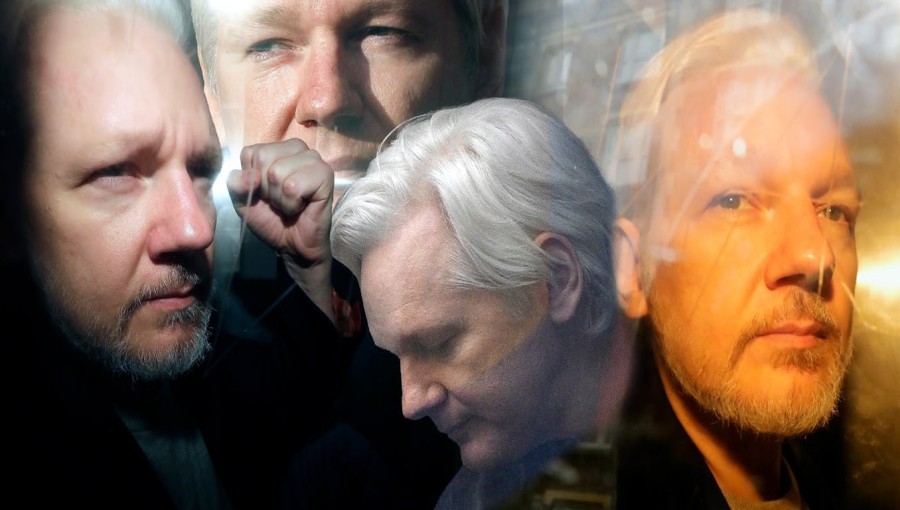

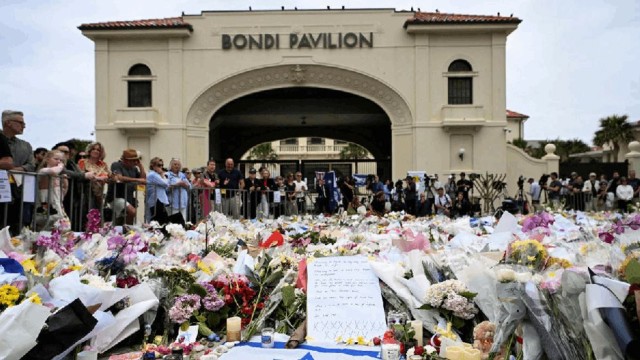

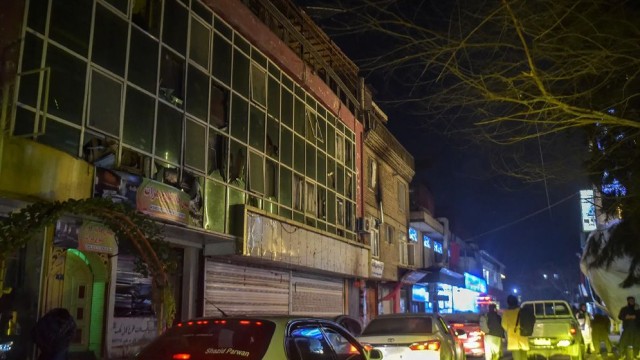
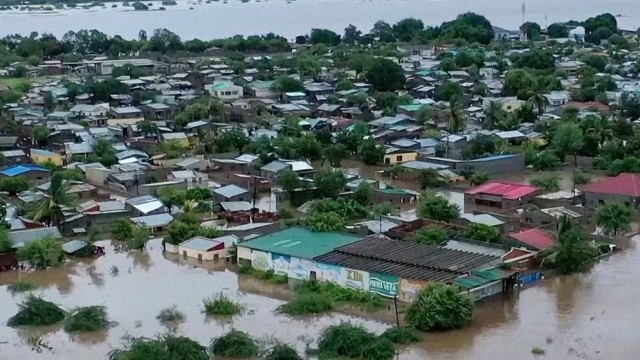




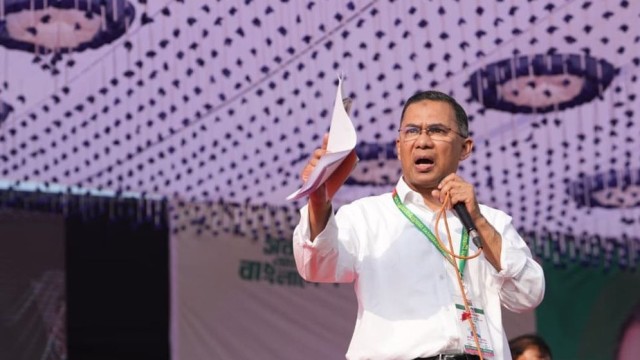

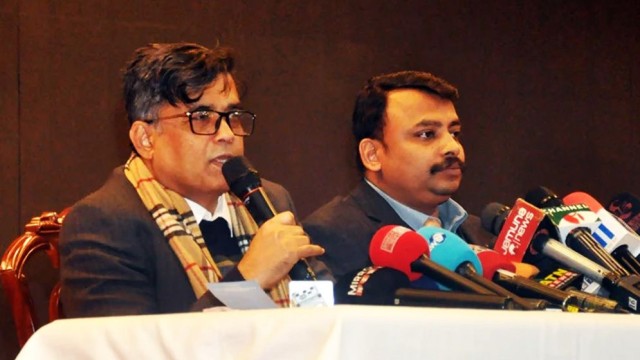
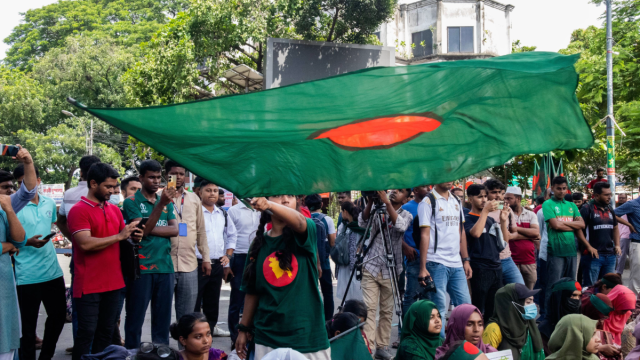

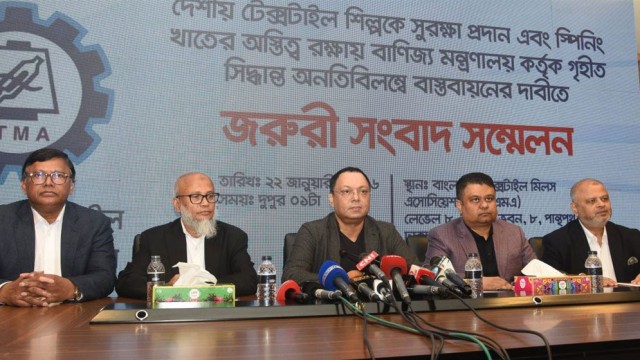









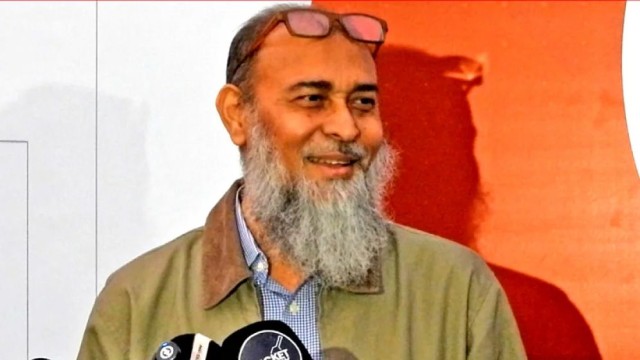


Comment: